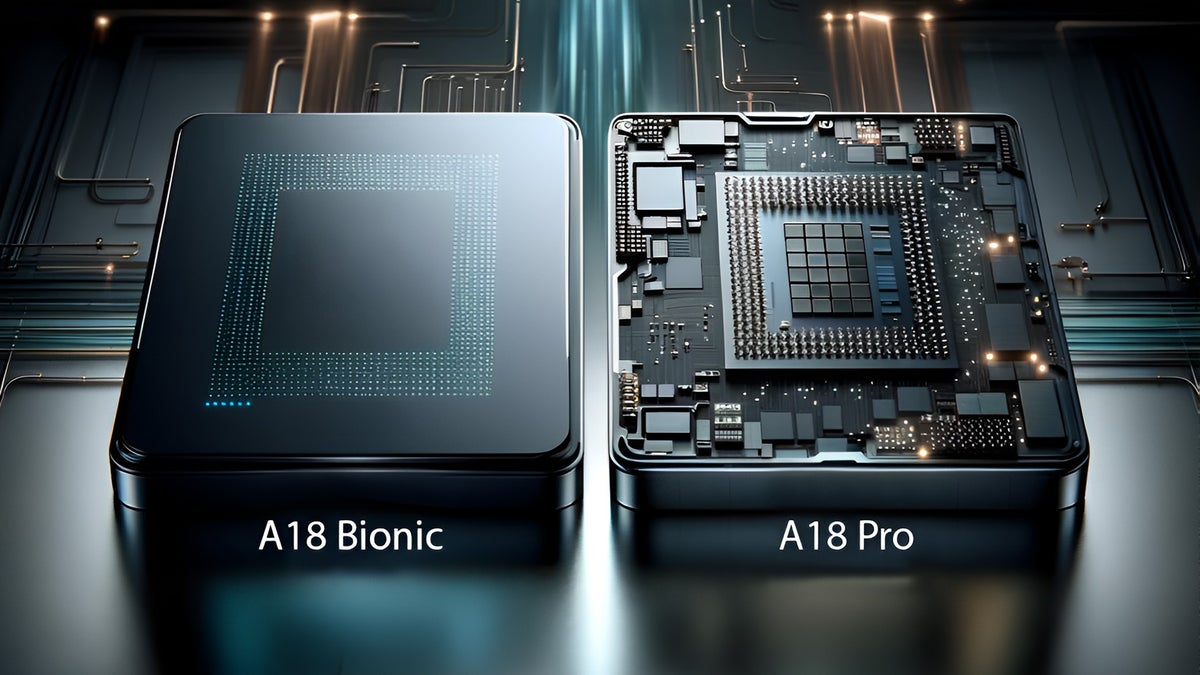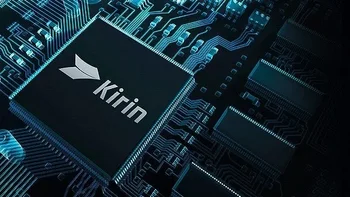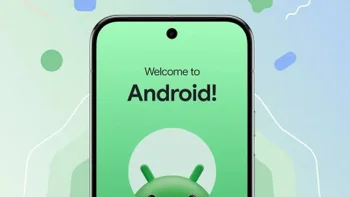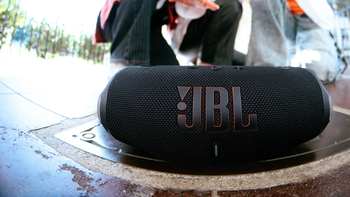3nm A18 for all? Why a single chip for all iPhone 16 models is a great decision by Apple

Last week brought us the great news that next year, Apple will no longer treat the vanilla iPhone models to last-year's Pro processor. Sort of.
When the iPhone 14 series launched, customers were perplexed by Apple's decision to equip the 14 Pro with the brand new A16 Bionic chipset, while the vanilla iPhone 14 entered the stage with last-year's A15 Bionic, which was originally used by the iPhone 13 Pro. This year, the iPhone 15 Pro made history with the first 3nm A17 Pro chip, which was promised to bring dramatic performance gains, especially GPU-wise. However, the iPhone 15 and 15 Plus came with the 14 Pro's 4nm A16 Bionic.
I think this approach was problematic on several fronts, but thankfully, early leaks indicate this Fragmentation (there goes the F word again!) is about to be reduced when the iPhone 16 and 16 Pro launch in late 2024. Reduced, but probably not entirely eliminated.
In short, the iPhone 16 and 16 Pro are both rumored to come with cutting-edge 3nm A18 chipsets. Great! However, the one in the iPhone 16 and 16 Plus might still be a bit more laid back, as the rumors are pointing towards 3nm A18 Pro for the 16 Pro and 3nm A18 Bionic for the 16. Even thought one might be dubbed Pro and the other Bionic, the difference might be somewhat negligible – more akin to the A15 Bionic in the iPhone 13 Pro and iPhone 13, where the Pro variant featured an additional GPU core for a slightly faster graphics performance.
The major news here is that both A18 processors will be made on the brand new 3nm N3E process, so there shouldn't be much of a difference performance- and efficiency-wise between the A18 Pro and A18 Bionic. Of course, that's if Apple doesn't come up with some new means of differentiation.
The iPhone 16's A18 chip means less fragmentation
Remember how Apple used to play the Fragmentation card every time it wanted to talk Android down? Well, this recent trend of releasing sibling iPhone models with different SoCs and other hardware capabilities is making us wonder if we aren't in for a bout of fragmentation, but this time happening in Apple's courtyard.
Not only has Apple's iPhone line-up split into 4 distinct models now (not counting the SE), but having different performance and camera features has made things even more complex. If this differentiation goes further, Apple might find itself in a tricky situation.
For starters, further iPhone model differentiation (ahem, fragmentation) could make it tough for consumers to pick the best model for them. And it's not out of the question that forcing users through this whole exercise of exploring, comparing features, specs, models, etc., might expose them to alternative products on the market. I'm not sure if that would be an outcome Apple would enjoy.
But having to maintain increasingly different hardware models would also make things difficult for Apple as well. Every little difference needs to be accounted for whenever developing new iOS software, or maintaining current one. Let's not forget that a tightly integrated hardware-software ship has been Apple's biggest advantage all along. As the hardware portfolio diversifies, this strength will naturally be compromised.
Developers, too, will have to put in extra hours to ensure their software is optimized for the many different iPhone models out there, which might take away from resources that could be dedicated to design work or the development of new functionality, for example.
And, perhaps most obvious, but having less differentiation between iPhone models naturally means a more consistent user experience, which is generally a good thing. Because, if this fragmentation continues, it wouldn't be unthinkable to have apps that work on Pro iPhones, but are unsupported on vanilla iPhones.
Such an outcome would definitely suck. We're already seeing a fragment of such a reality, with desktop-level games like Resident Evil Village being supported only on the iPhone 15 Pro, but not the iPhone 15.
It's a fine line between one-size-fits-all and unproductive fragmentation, but the current rumors that the iPhone 16 line will all come with 3nm N3E A18 chips, be them slightly different, does make me cautiously optimistic that Apple's got it under control for now.
Follow us on Google News













Things that are NOT allowed:
To help keep our community safe and free from spam, we apply temporary limits to newly created accounts: